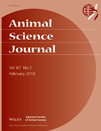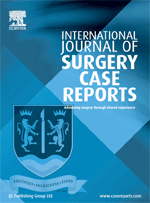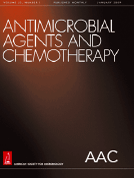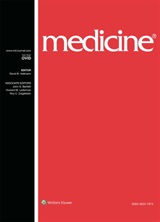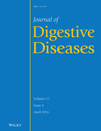 On December 31st 2014, a pioneer in the study of inflammatory bowel disease passed away. An obituary published in the Journal of Digestive Diseases shortly thereafter is typical enough: It describes his achievements, importance to his patients, and battle with pancreatic cancer.
On December 31st 2014, a pioneer in the study of inflammatory bowel disease passed away. An obituary published in the Journal of Digestive Diseases shortly thereafter is typical enough: It describes his achievements, importance to his patients, and battle with pancreatic cancer.
But “Loss in the Last Day of 2014: a Eulogy for Prof. Bing Xia” has now been retracted.
This is the first time we’ve seen an obituary pulled from a journal. Unfortunately, this was not a case of a premature obituary (which happens more often than you’d think)– the researcher did actually die, but it appears the journal published the obituary in the wrong place.
The retraction notice, published earlier this year, explains:
Continue reading A first for us: Journal retracts obituary (but not for the reasons you think)




